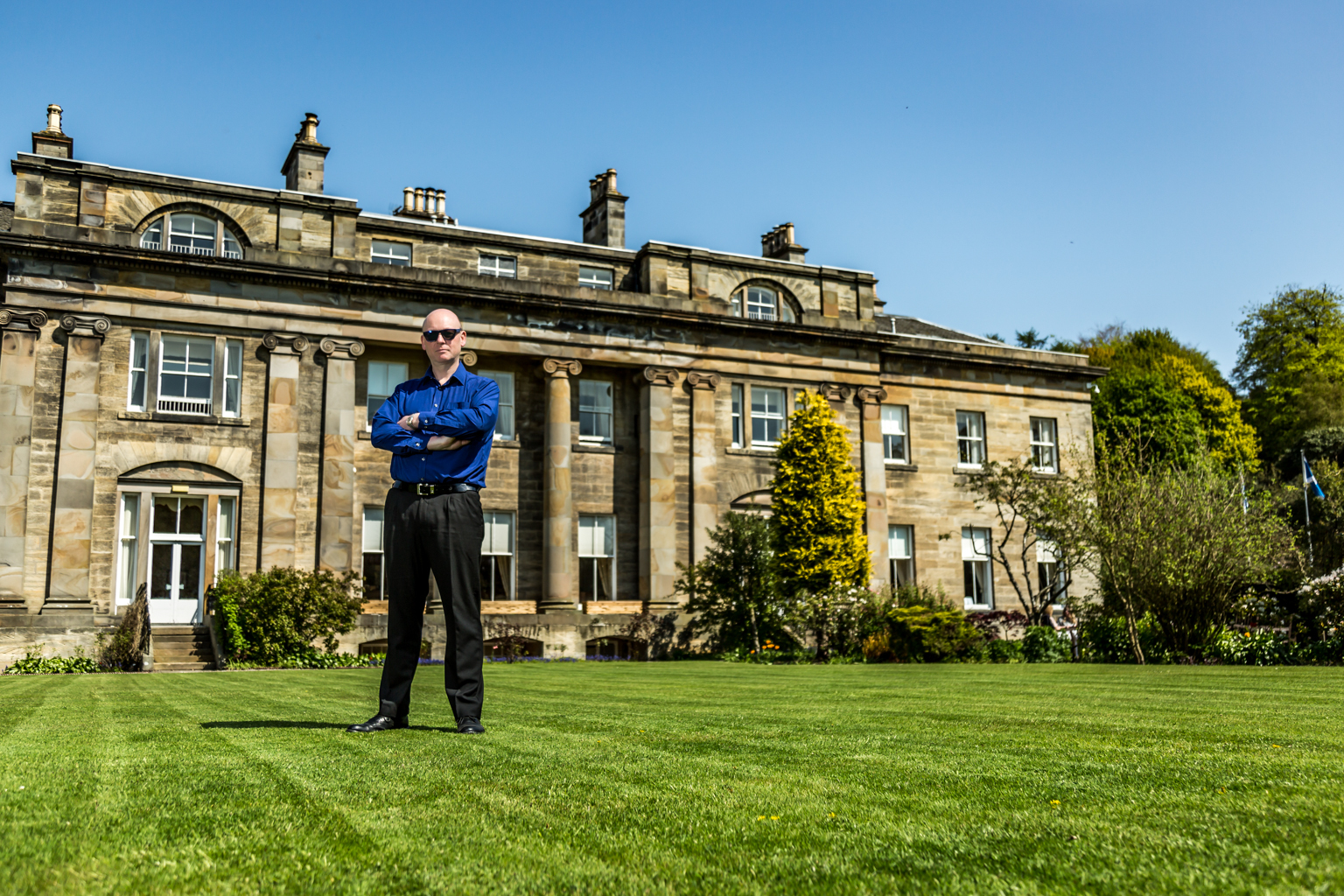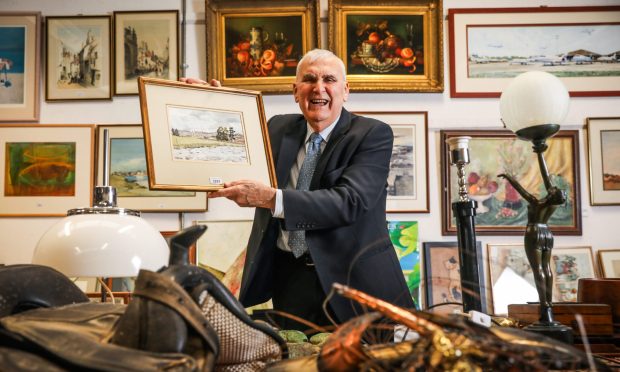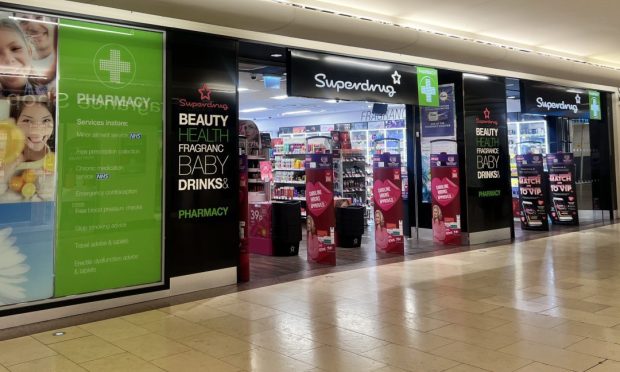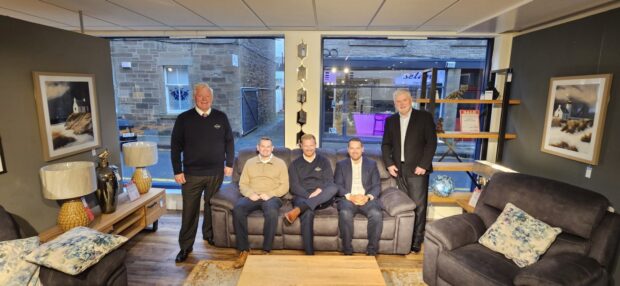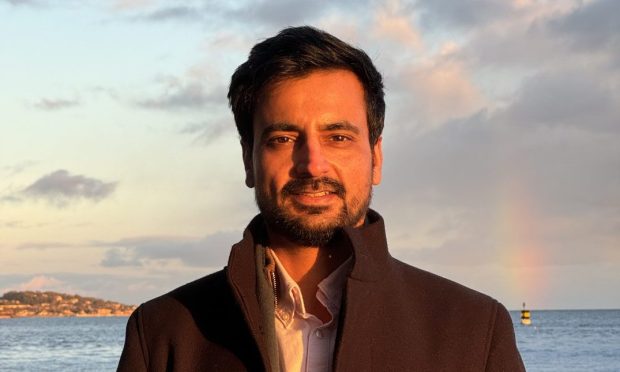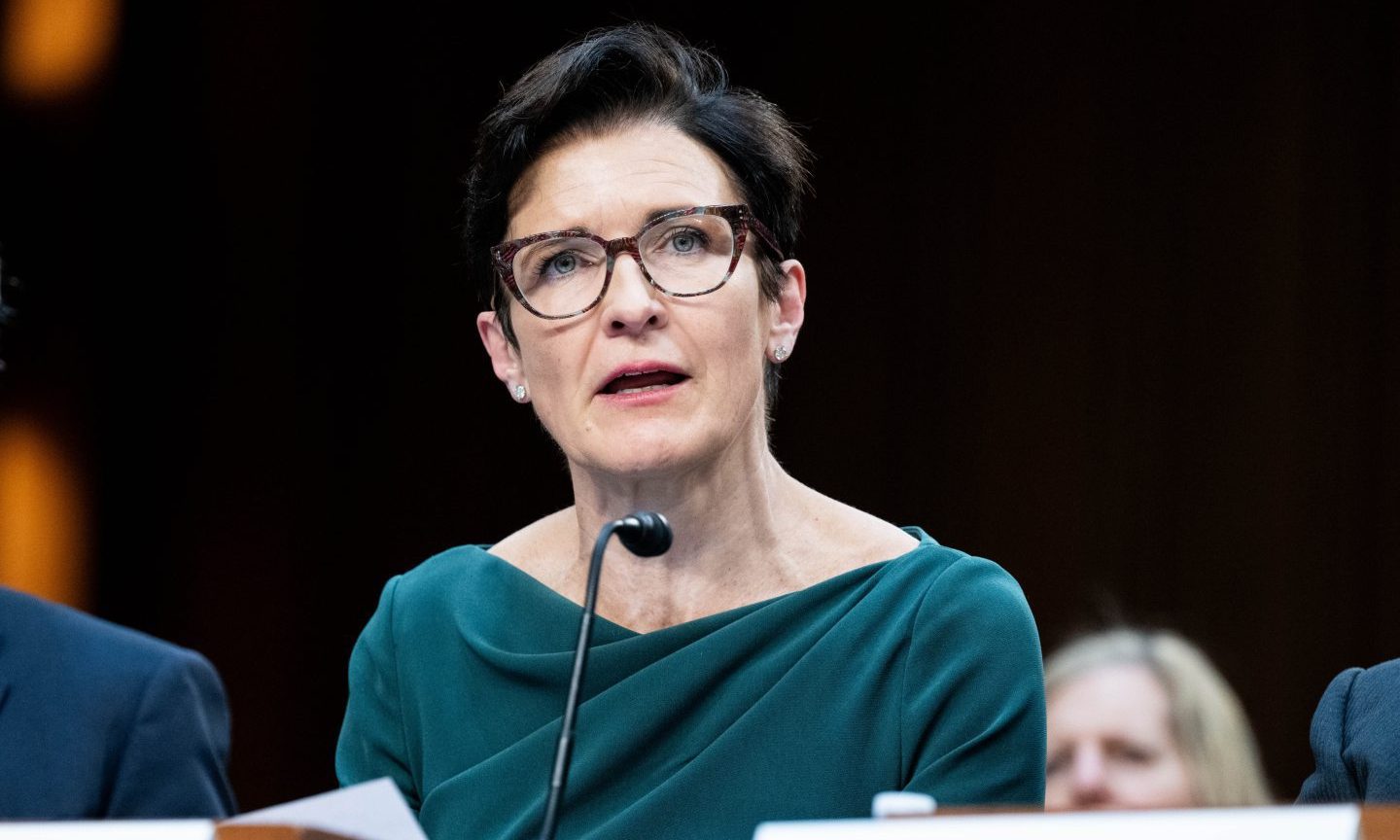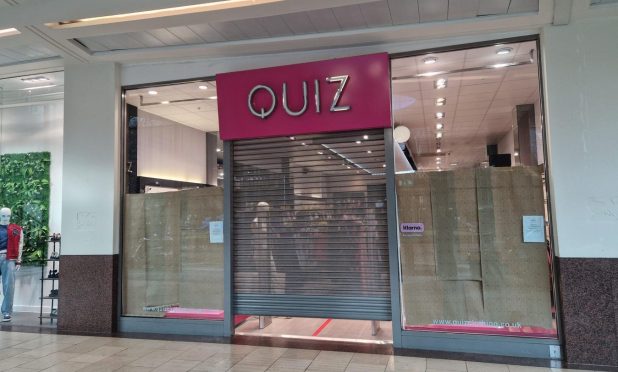Balbirnie House Hotel in Fife fell into the red in the year it won a series of major awards and was congratulated in the Scottish Parliament for its performance.
The pre-tax loss of almost £250,000 in the 12 months to April 30, 2016 was due to “exceptional administrative expenses” of £325,000 according to the accounts published by Companies House.
The document detailed the figure as “directors benefits in kind” related to the market value of a company property gifted to two directors during the year.
Nicholas Russell, a director of the four-star country house establishment near Markinch, stressed the transaction involved a private residential property and was a one-off exceptional item.
He added: “In the year in question Balbirnie House was re-valued upwards by an additional £400,000.
“We’ve just had our busiest month in history for forward bookings for weddings with 24 couples booked in January.
“In the last four years Balbirnie has provided the backdrop for 620 weddings.”
Balbirnie House’s turnover and gross profit figures were £3.2 million and £2.5m respectively, very similar to the previous year.
There were no exceptional administrative expenses in 2015 when the company made a pre-tax profit of £84,478, but the cost in 2016 produced a loss before tax of £246,262.
The accounts covered the year when Balbirnie House was voted Scotland’s wedding hotel of the year for the tenth time and was declared Scotland’s national hotel of the year.
It also won a global trade award in the shape of Haute Grandeur Europe’s best destination wedding retreat, and the achievements resulted in a motion in the Scottish Parliament congratulating everyone at Balbirnie House.
He continued: “Over the last few years very significant re-investment into the fabric of the assets has been successfully enabled to a level which, in percentage terms, is well above the industry norms.”
Mr Russell said the directors were very happy with the core trading results of the hotel.
Core trade diaries continued to be excellent, and the directors were fully committed to ensuring the equilibrium and status quo were maintained.
Mr Russell said risks in the hospitality sector including competition, Brexit costs, tourism VAT and the national living wage were acknowledged.
Strategies to mitigate them included marketing, efficiencies and the hotel’s reputation.
